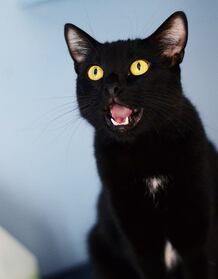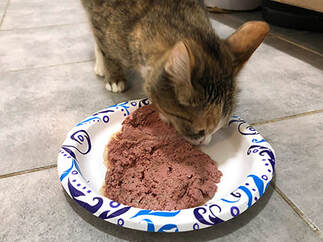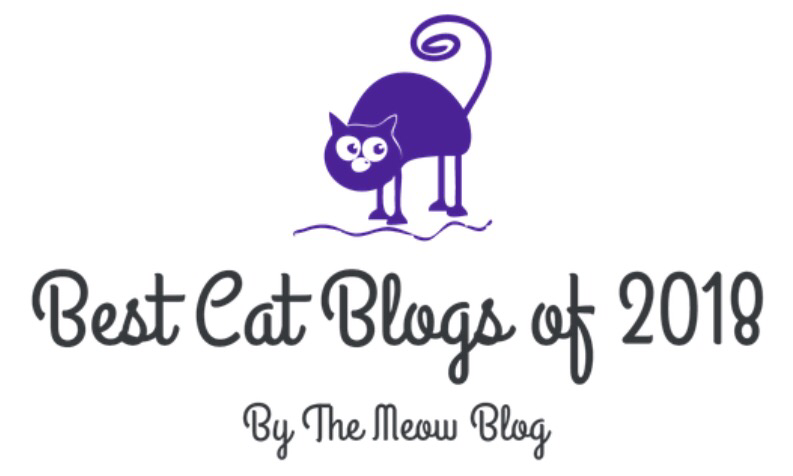
Curious about caterwauling or are you already familiar with the eerie sound emanating from your favorite furry friend?
For those who have never heard it, caterwauling is a high-pitched, melodic and drawn-out “YOWL” that, once experienced, is seldom forgotten. Consider then, the paws-ible reasons behind it and how you can help remedy the situation.
1. Cats caterwaul when they’re in pain: Famous for hiding their pain, felines who caterwaul, seemingly for no apparent reason, are sending you a clear message -- of distress. This merits an immediate visit to your vet to either uncover or rule out a possible medical reason behind it. Remember too that cats of all ages can develop kidney disease and an overactive thyroid -- both potential reasons for overly excessive vocalizations, including caterwauling.
2. Cats caterwaul to signal their need to breed. Cats who are neither spayed nor neutered are notorious for their caterwauling. Intact females in heat will caterwaul to attract a male while intact males will caterwaul when they know a female is in heat. The best, most responsible way to prevent this and, at the same time, assist in controlling the problem of cat overpopulation is by always spaying and neutering your pets.
3. Cats caterwaul to alert their owners to outside activities. Curious about everything they see, cats “sound the alarm” whenever they spot something either intriguing or disturbing outside a window. From birds and squirrels to mail carriers and fast food deliveries, their greatest concern is the sight of another cat perched on what they consider their territory. The easiest way to eliminate the source of your cat’s agitation is by closing the offending window, blind or curtain to restrict her view of the “interloper,” and provide her with an alternative form of entertainment (a window with an obstructed view works just as well).
4. Cats caterwaul when they feel vulnerable or insecure. Some cats feel especially anxious without the reassuring presence of their owners – whether they leave the house or simply leave the room. Feeling abandoned, these cats will express their anxiety by caterwauling. This insecurity may also manifest itself when visitors come to call or when their family moves. If your cat is susceptible to such anxiety, make certain to anticipate her reaction ahead of time and reassure her that she is safe and sound. Shower her with extra affection, cuddles and pets, and take her to bed with you at night as proof that you haven’t left her alone.
5. Cats caterwaul when they’re disoriented. The older cats get, the more prone they are to changes in their cognitive functioning. According to the ASPCA, feline cognitive dysfunction (FCD) or cat dementia, affects over 55 percent of cats between the ages of 11 and 15, and over 80 percent of cats between the ages of 16 and 20. Since caterwauling can be one of the many symptoms associated with FCD, it’s vital for you, as a cat owner, to familiarize yourself with all of the symptoms in your senior cat so that you can both cope with and comfort the kitty you cherish.
Once again, as a concerned pet parent, you should share those concerns with your vet. They may recommend pheromone or drug therapy (the use of feline pheromone sprays or diffusers in areas where your cat spends most of her time may reduce her anxiety), while anti-anxiety medication may help reduce your cat’s excessive vocalizations. You can also seek the advice of a Certified Applied Animal Behaviorist or a veterinary behaviorist.










 RSS Feed
RSS Feed